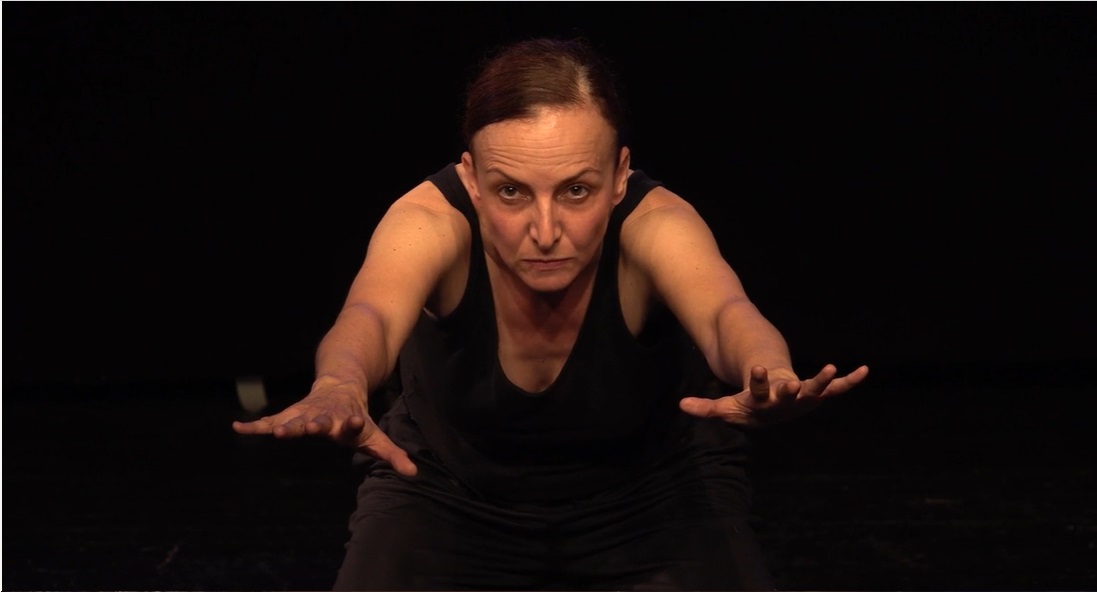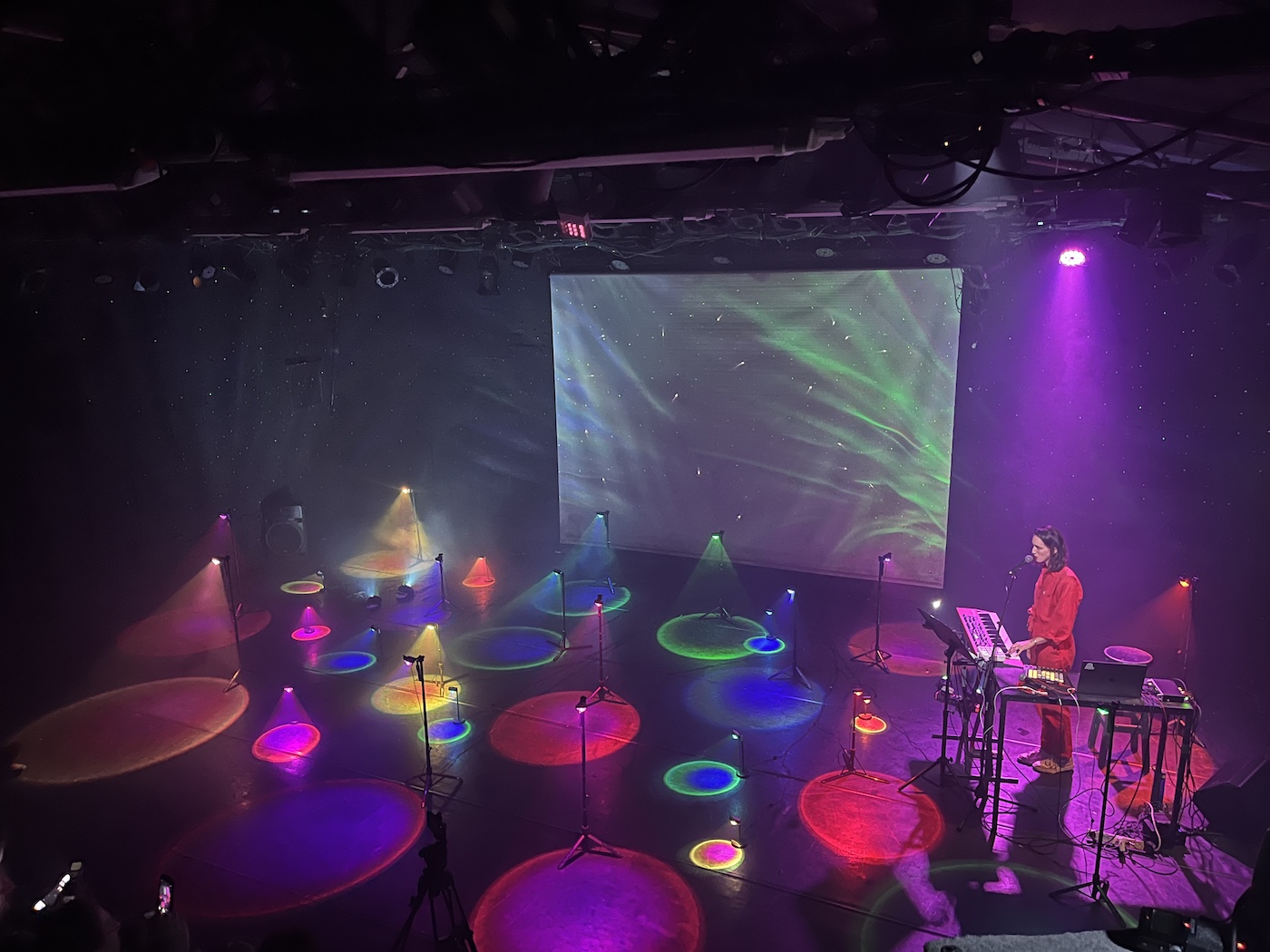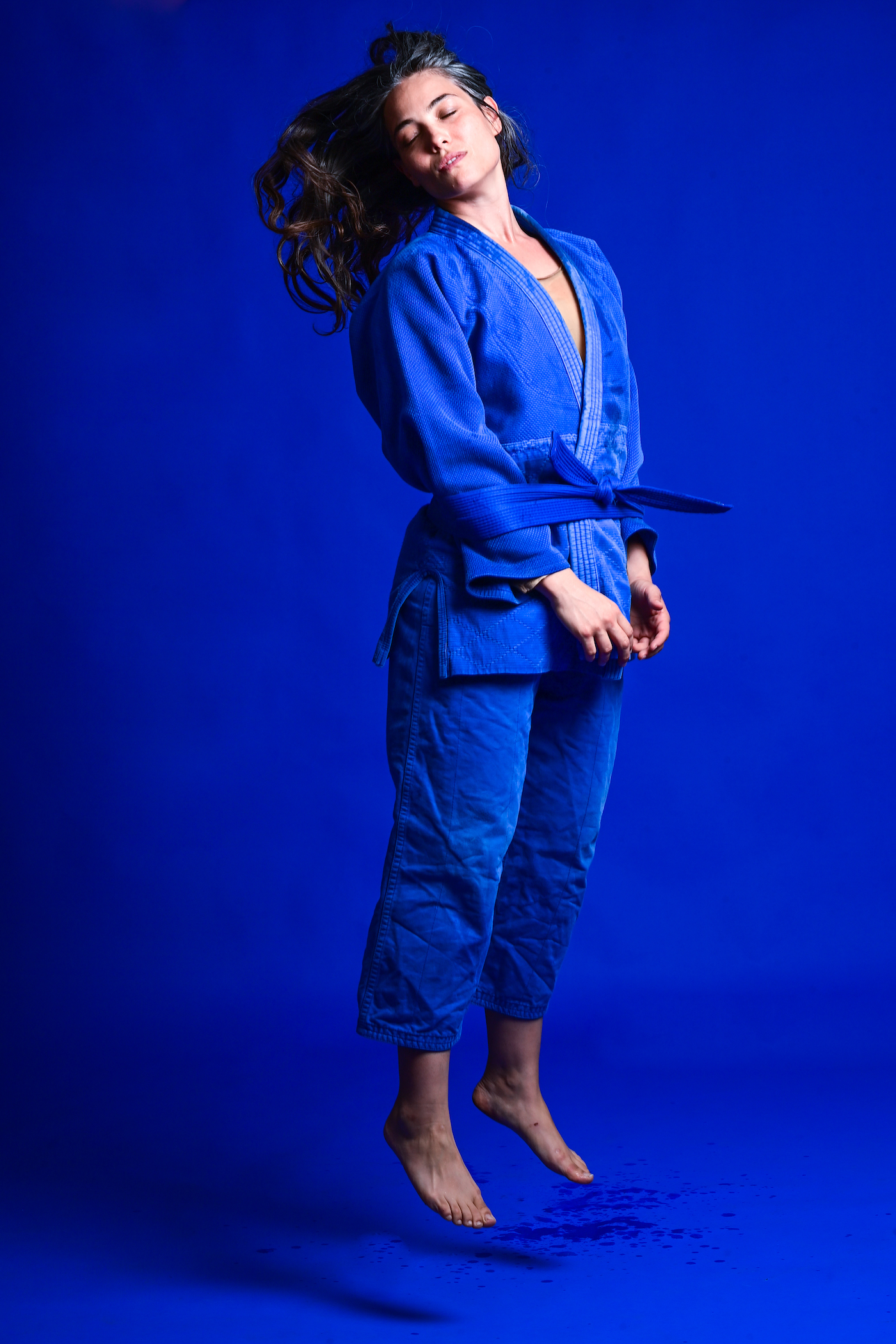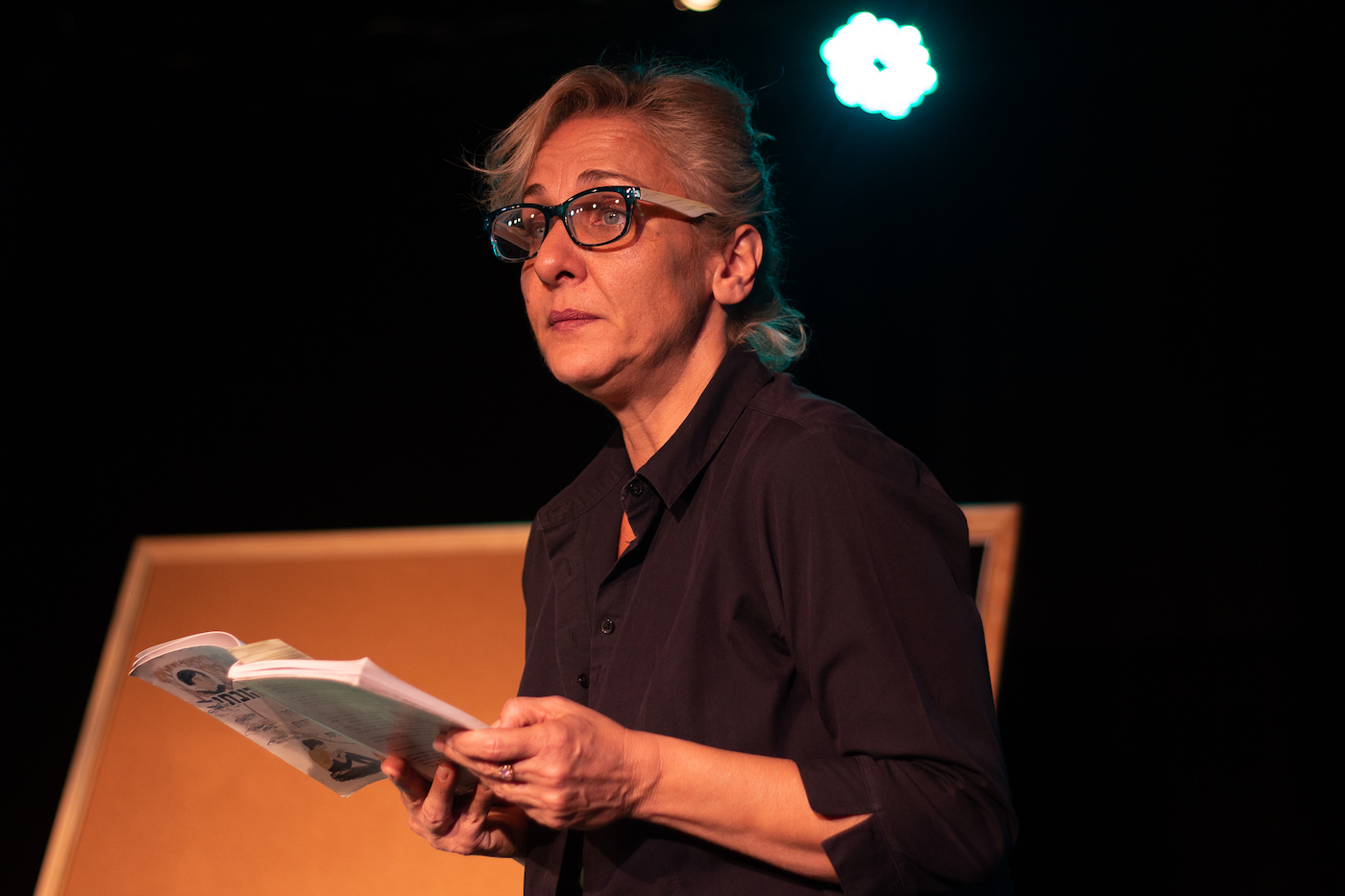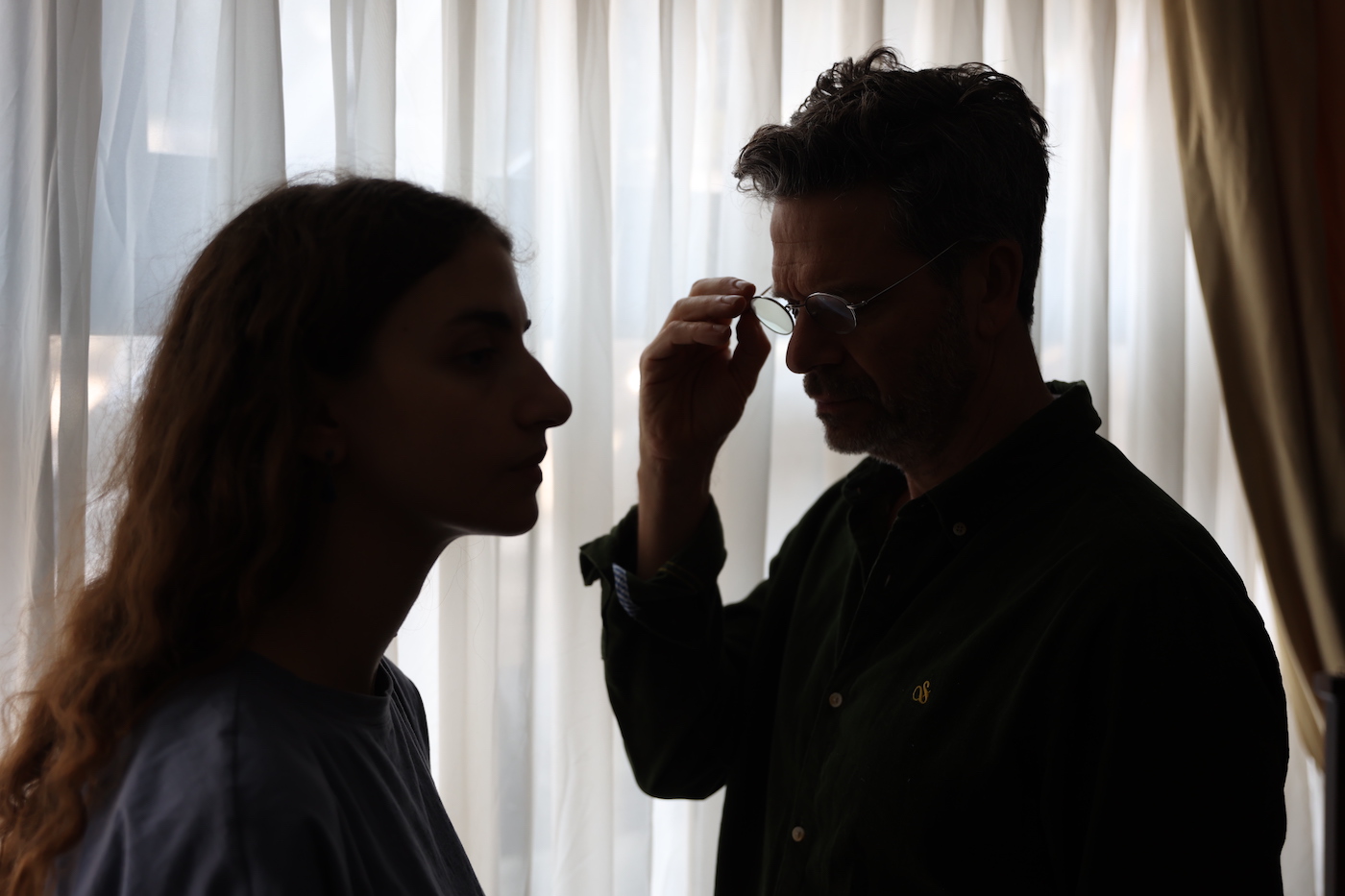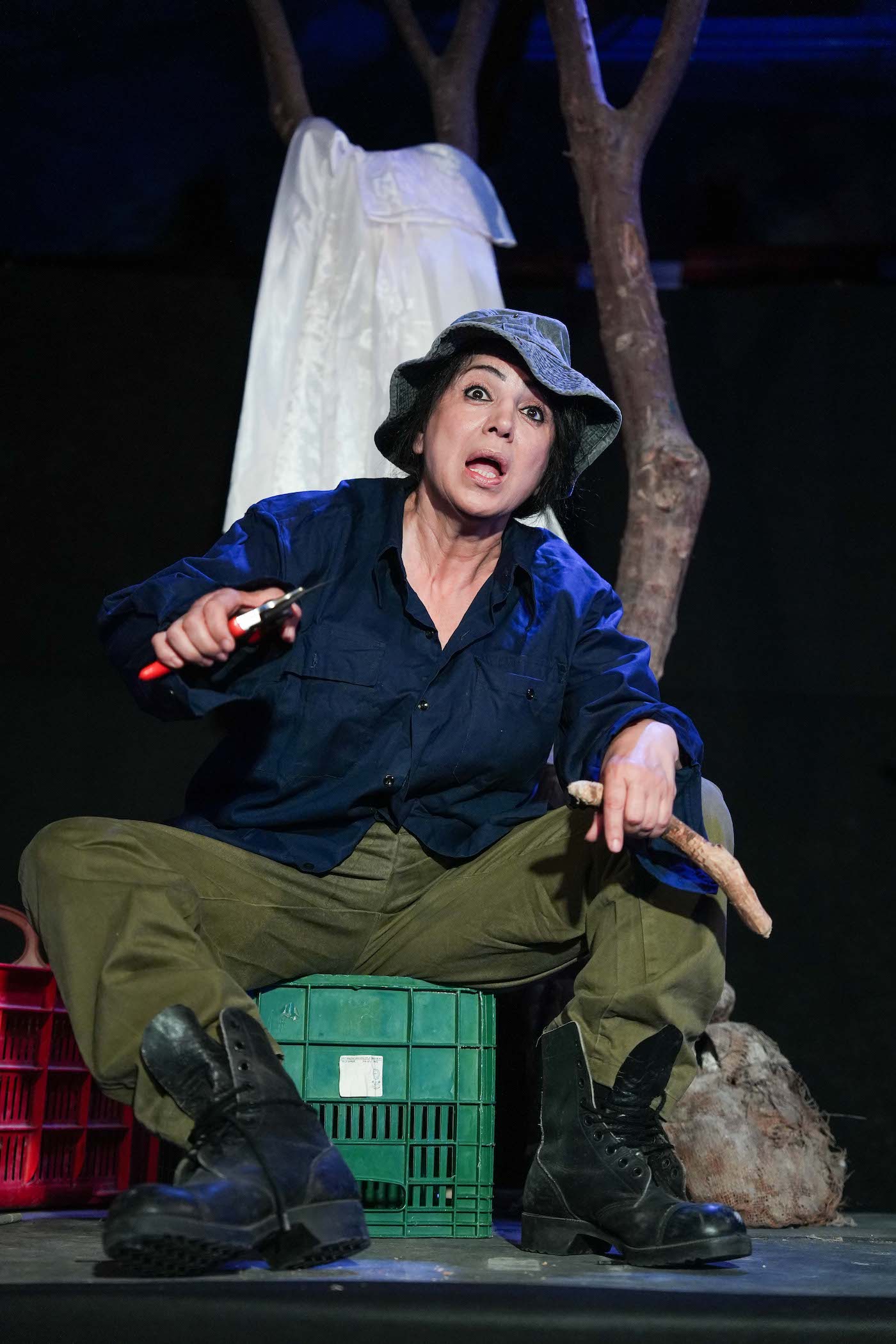The play captures one moment in time when the ground falls from under your feet after a traumatic event such as the massacre of October 7. The event threatens to destroy the cornerstones of your painstakingly built personality, and marks the eruption of a struggle between consciousness and reason, and the forces of survival: How do you remain humanistic?
This is a woman’s guide to herself. How do you bring such an internal struggle to the stage?
How do you capture one moment in time when something collapses, and something else struggles to hold on?
The play creates a performative struggle through the body. The entire experience is of the struggle between the human forces necessary for a person to remain a humanist in the face of events, but at the same time, the importance of this struggle also becomes more acute.
Maya Arad Yasur is a dramaturge and playwright. Her plays have been produced in Israel (Habima National Theatre, Haifa Municipal Theatre, Beit Lessin Theatre, etc.), translated into twelve languages, produced in theatres around the world, and published in books and magazines in Israel and abroad. Her play Amsterdam was produced in some twenty countries around the world. She earned an MA with honors in Dramaturgy from University of Amsterdam, after which she worked as a dramaturge in various Dutch productions, with an internship in Johan Simmons’ La Grande Bouffe at the Toneelgroep Amsterdam. Her plays include Dependent (2010), God is Waiting at the Station (2014), Ten Minutes from Home (2015), Amsterdam (2018), A Light Trembling in the Wing (2020), Those Seeking Out (2020), and Triage (2023). Arad Yasur is the winner of the UNESCO International Theatre Institute Award for Dependent (2011), the Ella Dan Stage Award for God is Waiting at the Station (2014), the Theatertreffen Stückemarkt Berlin Award for Amsterdam (2018), and the Rosenblum Award (2022). Her plays have been staged and publicly read in various theatres in Israel, Germany, Austria, Norway, and the US, and have been published in leading theatre magazines in Germany, Poland, and Israel.
Sapir Heller completed her theatre and opera directing studies at the Academy of Music and Theatre in Munich in 2008. Her directing credits include various productions in theatres throughout Germany – Munich’s Volkstheater, Frankfurt, Berlin’s Maxim Gorki Theater, Mannheim, Dresden, and Regensburg, among others. Recently, she staged The Good Soul from Sichuan in Essen. With Arad Yasur’s German premiere of Amsterdam, she won the Critics’ Prize at the Radikal Jung Festival in Munich (2019). She staged two more plays by Maya Arad Yasur in Germany, to critical acclaim: Those Seeking Out in Memmingen (2020) and A Light Trembling in the Wing in Lubeck (2023).
